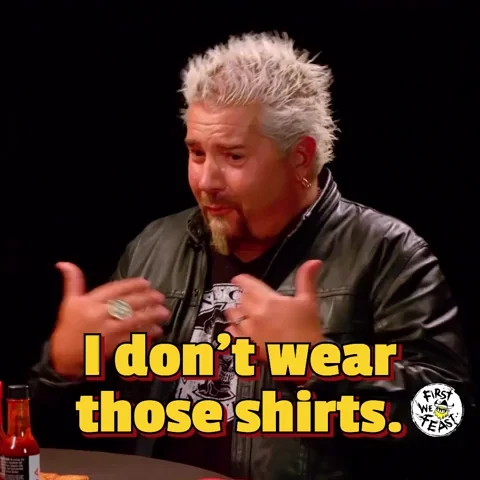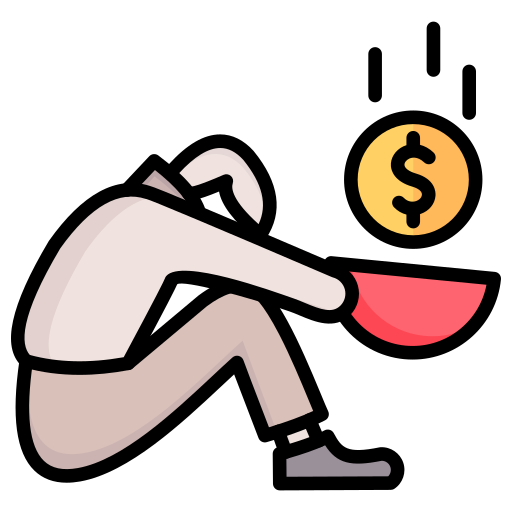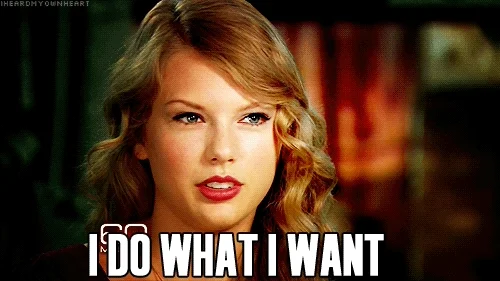
This logo isn't an ad or affiliate link. It's an organization that shares in our mission, and empowered the authors to share their insights in Byte form.
Rumie vets Bytes for compliance with our
Standards.
The organization is responsible for the completeness and reliability of the content.
Learn more
about how Rumie works with partners.
Ever bought a trendy outfit, only to never wear it?

It’s easy to go along with the crowd — whether it’s a fashion trend, career choice, or even a relationship decision. But just because something’s popular doesn’t mean it’s right for you.
Social proof— doing what others do (sometimes called "herd behavior") — can lead you down a path that doesn’t match your true goals. Let's look at how to make choices that actually reflect what you want.
What is Social Proof, Anyway?
Social proof happens when people make decisions based on what others are doing, especially when they’re unsure.
Example: You see a long line at a restaurant and assume the food must be good, so you decide to eat there too.
 Photo by Roman Arkhipov on Unsplash
Photo by Roman Arkhipov on UnsplashHow Good Is Social Proof?
Social proof can actually help you make better decisions. Here’s how:
Find new options: If lots of people recommend something (like a job or city), it’s worth checking out, as you might not think of it on your own.
Feel like you belong: Following the crowd can help you fit in and not feel left out.
Save time: You can skip the research. If everyone’s talking about something (like a new app), it’s probably worth trying.

Downsides of Social Proof
While it can be helpful, social proof isn’t always a good thing. Here’s why you should be careful with herd behavior:
How to Make Better Life Decisions
Self-reflect: Be clear on what matters to you and your situation. Everyone is different.
Question social pressure: Ask yourself if you're choosing because of others or what you truly want.
Seek different views: Talk to people who think differently. They might suggest ideas you haven’t thought of.
Think long-term: Focus on your future. Remember, it’s a life decision.
Evaluate risks: Consider the pros and cons, not just what’s easy, popular, and quick.
Can You Help Emma?
 Emma is considering quitting her job to travel, as many of her friends and influencers on social media are doing it. What should Emma do first?
Emma is considering quitting her job to travel, as many of her friends and influencers on social media are doing it. What should Emma do first?
A. Quit her job immediately — if it worked for others, it will work for her.
B. Ignore social media and do nothing. It’s better to stay where she is.
C. Think about her own goals, values, and responsibilities before making the decision.
D. Give it time. Big decisions tend to work themselves out naturally if you just wait a while.
Quiz
What should Emma do first?
Emma should make decisions based on her own goals and values (C), not just follow what others are doing. Quitting a job (A) might work for some people, but she needs to think about how it fits with her responsibilities, like money and long-term plans. Copying others ignores Emma's unique situation. Doing nothing (B) overlooks other options and doesn't help her make a well-informed decision. Waiting for a decision to “just happen” (D) can lead to confusion and missed chances.
Can You Help Tom?
 Tom is thinking about quitting his job to start freelancing. He sees lots of people on social media talking about how great freelancing is and how it gives them more freedom. What should Tom do before he makes a decision? Select all that apply:
Tom is thinking about quitting his job to start freelancing. He sees lots of people on social media talking about how great freelancing is and how it gives them more freedom. What should Tom do before he makes a decision? Select all that apply:
A. Quit his job and start freelancing immediately because it’s popular and everyone online says it’s awesome.
B. Stay at his current job but try freelancing part-time to see if it’s right for him.
C. Think about whether freelancing fits his skills, money goals, and lifestyle before making any decisions.
D. Follow his friends’ advice and jump into freelancing because they’ve had success with it.
Quiz
What should Tom do before he makes a decision? Select all that apply:
Tom should first think about whether freelancing fits his skills, financial goals, and lifestyle (C) before making a big decision. Trying freelancing part-time (B) will give him a chance to test it out without risking his current job. Quitting his job immediately just because freelancing is popular (A) could lead to regret if freelancing isn’t the right fit. Following his friends’ advice (D) isn't enough — it’s important for Tom to make a decision that works for his unique situation.
Take Action
 Tired of just going with the flow? Here’s how to take control of your decisions and avoid the negative influence of social proof.
Tired of just going with the flow? Here’s how to take control of your decisions and avoid the negative influence of social proof.
This Byte has been authored by
Carmen Lam
Secondary School Music Teacher | Digital Designer
BA, PGDE



